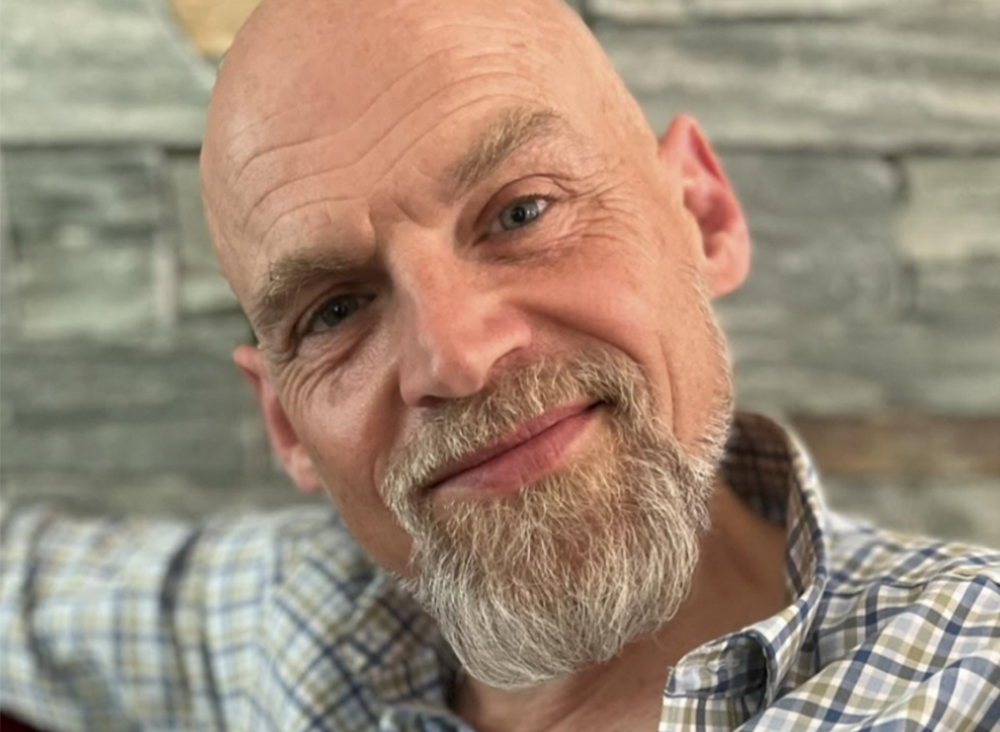
“…not sobriety. The opposite of addiction is (human*) connection.” That is how Johann Hari ended his TED Talk on “Everything you think you know about addiction is wrong.”
*For full disclosure, I added “human” connection to ensure that the out-of-context quote doesn’t get misused to justify getting lost in rabbit holes on social media.
When I heard that quote, it resonated with me, given how our son had been struggling with substances. I had just finished breakfast when I stumbled upon this great TED Talk. It’s 6:30 AM and I’m psyched. Hari’s rationale of the power of connecting with others as the antidote to addiction made sense. That is what is going to help my son. He is in a program and they work on communication and some other stuff. Great! They’ll fix him. I wondered how long it would take. Can’t be that difficult, right? It‘s hard to be patient, but if I gently remind him about working on connections, he‘ll get better. The staff at the program is good, but are they really trying hard enough? We should have seen some progress by now. It’s a shame how easy it would be to get better: just focus on connections! I don’t know what we are going to do if he is still struggling when he completes this program. How am I going to explain to my family how much money we spent with such little improvement in sight?
6:34am: I stopped. What had just happened? I was shocked at how lost I was in my obsession with fixing my son. Clearly, this had not been the first time that I lost myself in that space that operates under the justification “I want the best for my child. I mean it well.” The speed at which I jumped from one thought to another was as striking as the feeling of comfort that I’m doing something to help my son. And if I’m doing something, I can control it and when I control it, I have the power to improve things.
On the contrary, I’m not in control of my son’s addiction. “When you try to control what you are powerless over, you lose control over what you can manage” is a line in an article by Terence T. Gorski’s “Staying Sober – A Guide To Relapse Prevention.” What I can manage is how I show up for my son, how I build a connection with him, and how I nurture our relationship. No wonder that I had been too exhausted to focus on our relationship given that I spent so much of my efforts and mental energy judging him and controlling his addiction. It takes time to kick the habit (obsession) to control my son’s addiction, however, slowly there is a shift in what is important to me. Gradually, I’m finding the bandwidth to focus on what I value in our relationship and how I can contribute to a respectful connection with my son. It takes time, but at least I feel hopeful that no matter what happens, I will have a relationship with my son.